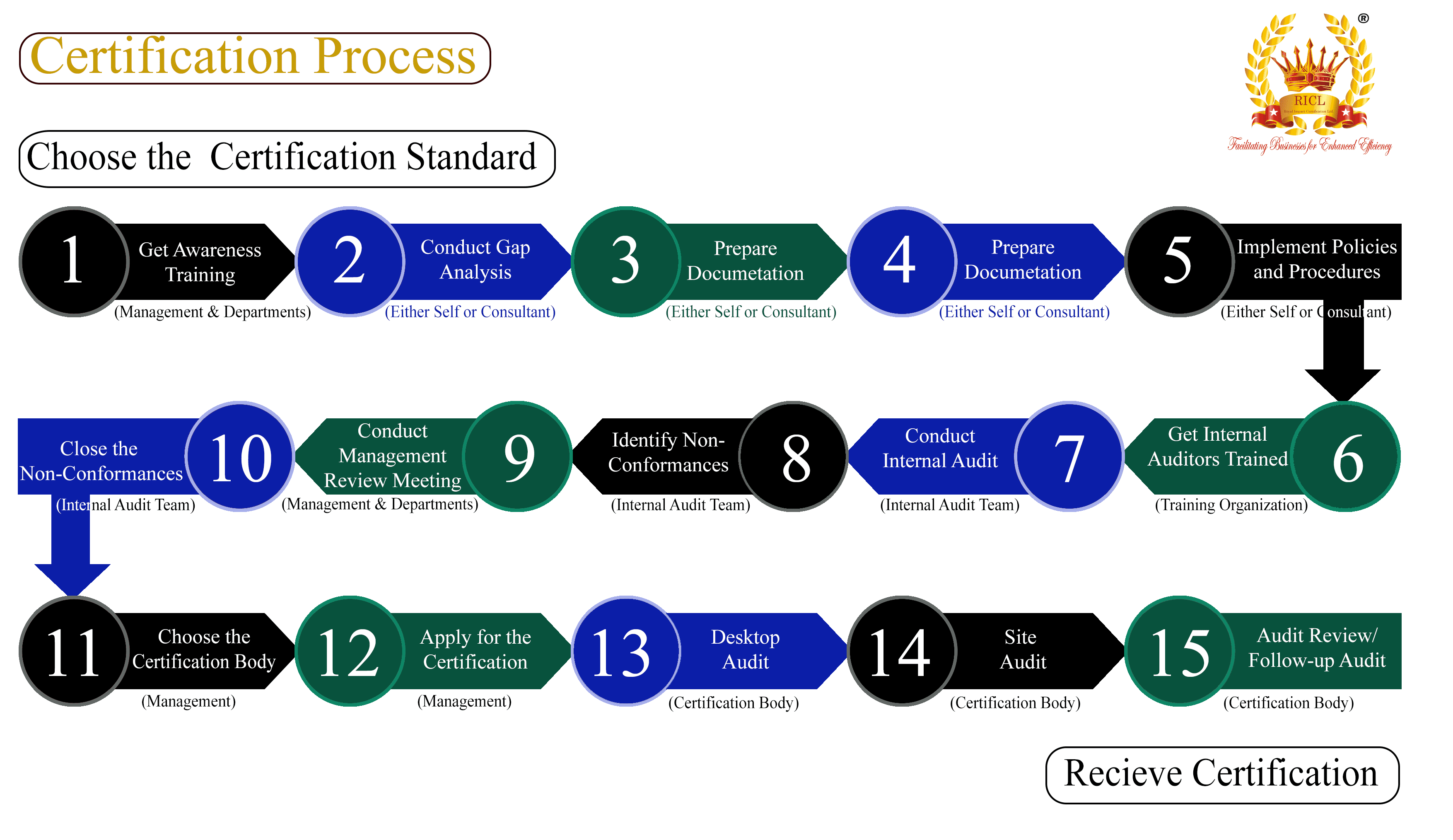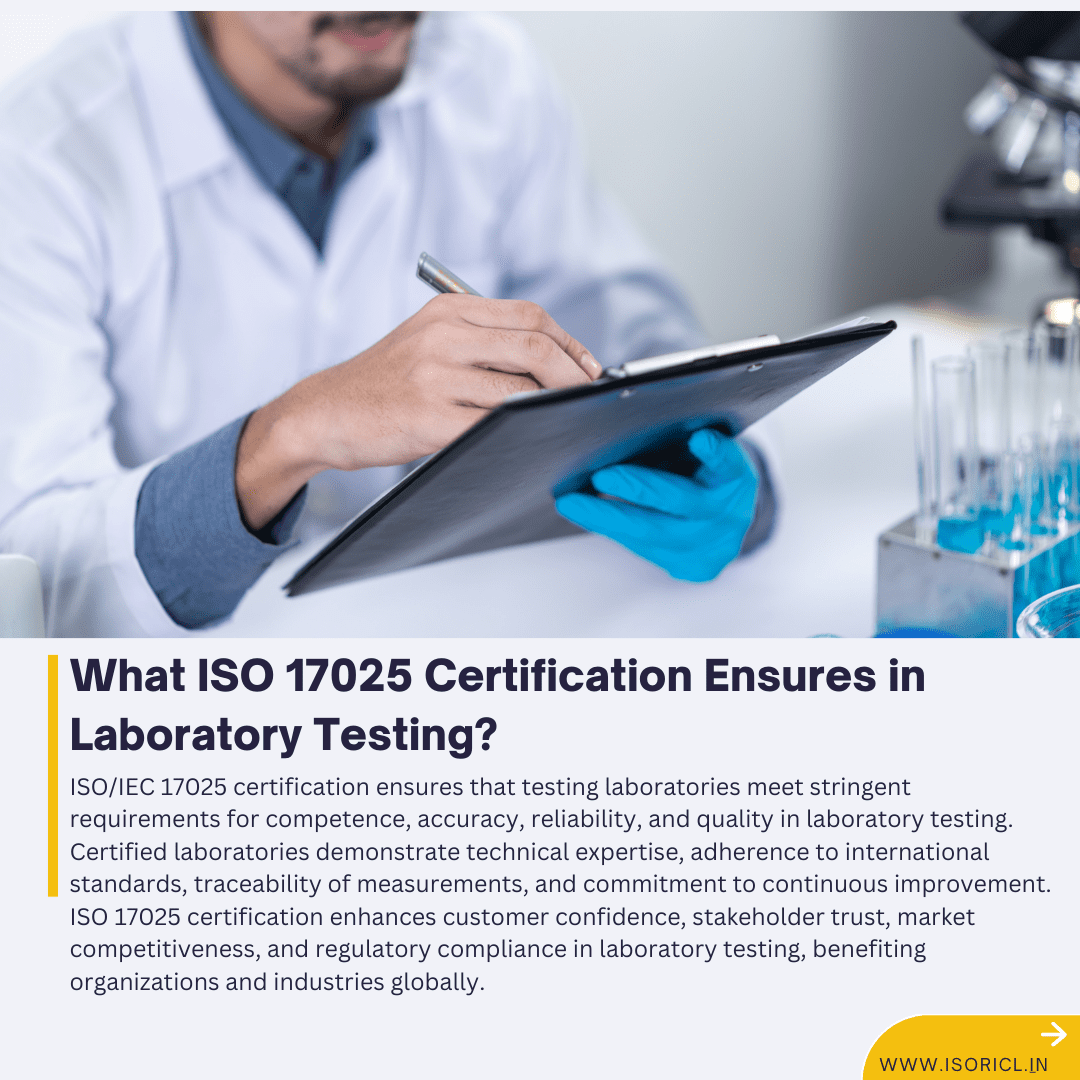
Food & Food Products
The Food & Food Products industry is a vast and dynamic sector that encompasses the production, processing, packaging, distribution, and retail of food items.
The Food & Food Products industry is a vast and dynamic sector that encompasses the production, processing, packaging, distribution, and retail of food items. This industry is critical for the global economy, not only because it provides the essential nutrients needed by humans to survive, but also due to its massive impact on employment and economic activities worldwide.
Importance of ISO Certification in the Food & Food Products Industry
ISO certifications in the food industry are crucial for ensuring the safety, quality, and efficiency of food production and distribution. These standards help companies meet regulatory requirements, improve their product quality, enhance customer satisfaction, and gain competitive advantages in international markets. Key ISO standards relevant to this industry include:
ISO 22000: Food Safety Management
ISO 22000 sets out the requirements for a food safety management system. It covers all organizations in the food chain, from farm to fork. Implementing ISO 22000 helps organizations identify and control food safety hazards, improving their ability to work with other ISO standards like ISO 9001.
ISO 9001: Quality Management Systems
This standard helps food businesses ensure they consistently meet customer and regulatory requirements regarding product quality. It provides a framework for improving quality and operational efficiency in food production processes.
FSSC 22000
The Food Safety System Certification provides a framework for effectively managing food safety responsibilities. FSSC 22000 is fully recognized by the Global Food Safety Initiative (GFSI) and is based on existing ISO Standards. It demonstrates a company’s robust Food Safety Management System to customers and auditors.

Benefits of ISO Certification in the Food & Food Products Industry
Enhanced Food Safety: Ensures the production of safe food products, reducing the risk of contamination and foodborne illnesses.
Increased Consumer Confidence: Certification reassures customers about the quality and safety of food products, which can help to boost sales and customer loyalty.
Improved Resource Efficiency: ISO standards help companies optimize their operations and use resources more efficiently, potentially reducing waste and lowering costs.
Compliance with Regulations: Helps companies comply with stringent regulations in the food sector, avoiding legal penalties and product recalls.
Access to New Markets: ISO certification is often a prerequisite for doing business in certain markets, particularly internationally, where credibility is critical for entering new territories.
[formsapp id=”662f63f6c4dd546c9916c3db”]
Related Standards
The Food & Food Product industry is governed by several ISO standards that help ensure quality, safety, security, environmental responsibility, and overall efficiency. Here are some key ISO standards related to the transport and logistics industry:

ISO 9001
Quality Management System

ISO 22000
Food Safety Management System

FSSC 22000
Food Safety Management Certification Scheme
LATEST BLOGS
ISO 10002 Enhancing Customer Satisfaction and Complaint Handing Introduction ISO 10002 is an international standard that provides guidelines for the process of …
Who benefits from ISO 50001 Certification for energy performance? ISO 50001 Certification for energy performance benefits a wide range of stakeholders, including …
What ISO 17025 Certification ensures in Laboratory testing? ISO 17025 Certification ensures a high standard of competence and reliability in laboratory testing …



